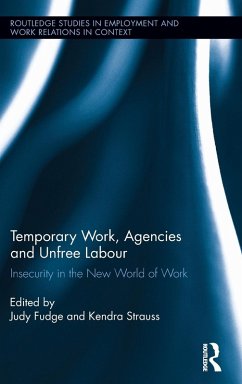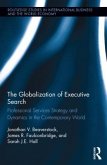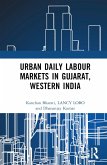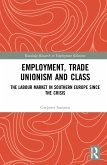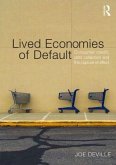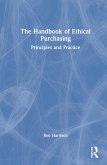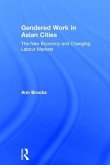Unfree labor has not disappeared from advanced capitalist economies. It is in the context of this rapidly changing landscape that this book consolidates and expands on research designed to understand new institutions for work in the global era. This edited collection provides a theoretical and empirical exploration of the links between unfree labor, intermediation, and modes of regulation, with particular focus on the evolving institutional forms and political-economic contexts that have been implicated in, and shaped by, the ascendency of temp agencies. What is distinctive about this collection is this bi-focal lens: it makes a substantial theoretical contribution by linking disparate literatures on, and debates about, the co-evolution of contingent work and unfree labor, new forms of labor intermediation, and different regulatory approaches; but it further lays the foundation for this theory in a series of empirically rich and geographically diverse case studies. This integrative approach is grounded in a cross-national comparative framework, using this approach as the basis for assessing how, and to what extent, temporary agency work can be considered unfree wage labor.

